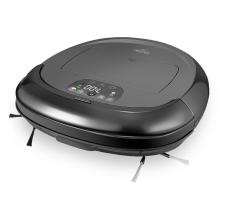Could it be that robots aren’t older generation friendly? According to a study, that may actually be the case. Researchers at the University of Notre Dame and the University of Missouri sought out to see whether senior citizens and robots spoke different languages.
The goal was to program robots to aid seniors. The problem was that older adults had trouble talking to robots when describing the location of a desired object. Researchers decided to study to see how well a simple command, such as where someone’s glasses were located, could be translated to a robot in order to navigate to the object.
The study involved an eldercare setting, 64 seniors and either a robot or a person named Brian. The results showed that the seniors used as few words as possible when giving a command to the robot. When giving a command to Brian, results showed otherwise.
Laura Carlson, professor of psychology at Notre Dame and co-principal investigator of the study along with Marjorie Skubic of the University of Missouri, said, “This research is important for the development of assistive devices for use in eldercare settings.”
"Older adults report wanting assistance from robots for fetching objects, and prefer to speak naturally to these devices, rather than use a more constrained interface. Thus, detailing how older adults speak to robots and identifying how that conversation may differ from the way in which they speak to each other is necessary so that these preferences can be built into the programming of these devices."
Overall, the study showed that seniors prefer streamlined communication with task-oriented robots. They also showed that they would rather speak to a robot in the way a robot should be spoken to. In other words, not in the same way they speak to people. Carlson said, “This study is an important first step to developing a system that adapts to the elderly users' language preferences instead of requiring them to adapt to the robot.”





